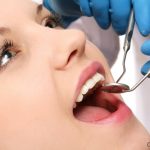Smoking After Wisdom Teeth Extraction: When is it Safe to Light Up?
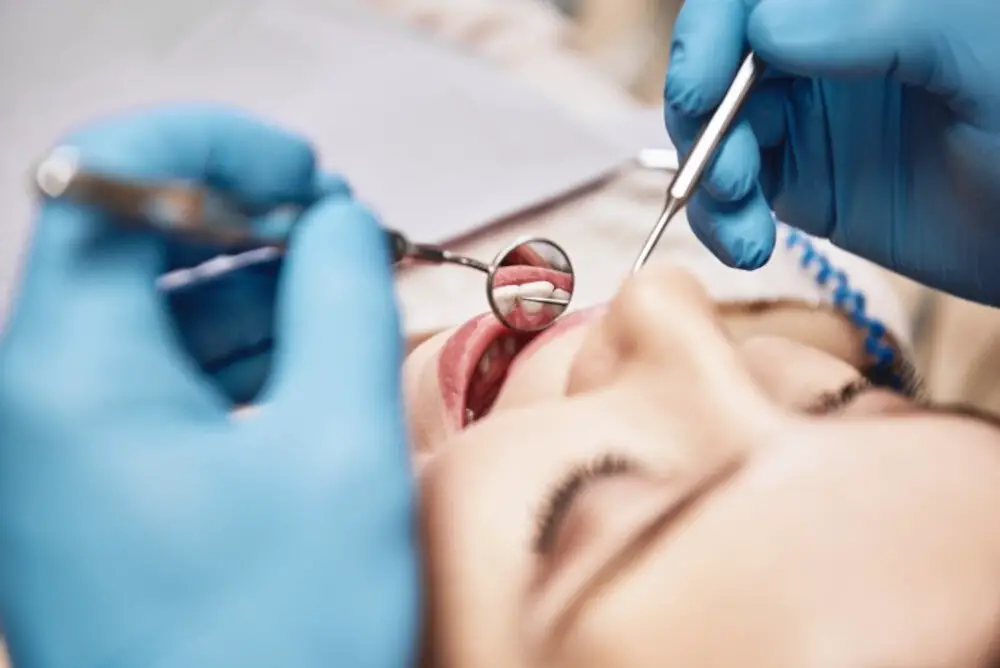
Wisdom teeth extraction is a common dental procedure that can cause considerable discomfort and pain. The recovery period can last for several days, during which patients are advised to follow strict instructions to promote healing and avoid complications. One of the most frequently asked questions after wisdom teeth extraction is when it’s safe to smoke. While smoking may offer temporary relief from stress, it can also delay the healing process and increase the risk of infection, dry socket, and other complications. In this article, we’ll explore the effects of smoking on wisdom teeth extraction recovery and provide some guidance on when it’s safe to light up again. Smoking is a harmful habit that can have long-lasting effects on your health, including an increased risk of cancer, heart disease, and respiratory problems. However, smoking can also have short-term effects on your oral health, especially after wisdom teeth extraction. Smoking can cause inflammation and irritation of the gums and oral tissues, which can delay the healing process and increase the risk of infection. Additionally, smoking can impair blood flow to the oral tissues, which can prevent the delivery of essential nutrients and oxygen to the healing area. Therefore, it’s important to understand the risks associated with smoking after wisdom teeth extraction and take the necessary precautions to ensure a safe and speedy recovery.
Wisdom teeth extraction is a common surgical procedure that involves removing the third set of molars located at the back of the mouth. These teeth usually emerge between the ages of 17 and 25, but they can become impacted, infected, or cause overcrowding, which can lead to pain and other complications. The extraction process typically involves local anesthesia, sedation, or general anesthesia, depending on the complexity of the procedure and the patient’s preferences. The recovery period can take up to two weeks, during which the patient may experience swelling, soreness, bleeding, and difficulty eating and speaking. It is important to follow the dentist’s post-operative instructions, including avoiding smoking, to ensure proper healing and minimize the risk of complications such as dry socket and infection.
Following postextraction instructions is crucial for a successful recovery after wisdom teeth extraction. These instructions are designed to minimize the risk of infection and complications, such as dry socket, which can cause severe pain and delay healing. Patients are advised to avoid smoking, drinking through a straw, and eating hard or crunchy foods for several days after the procedure. Ignoring these instructions can lead to the dislodgement of the blood clot, which is essential for healing, and increase the risk of infection. Therefore, it is essential to adhere to these guidelines to ensure a speedy and smooth recovery after wisdom teeth extraction.
Smoking after wisdom teeth extraction can increase the risk of complications and delay the healing process. The heat and chemicals in cigarettes can irritate the extraction site and cause dry socket, a painful condition where the blood clot is dislodged, exposing the underlying bone and nerves. Smoking also reduces blood flow to the gums, which impairs the delivery of oxygen and nutrients to the healing tissues. Moreover, smoking weakens the immune system and increases the risk of infection, which can lead to swelling, pus, and fever. Therefore, it is recommended to avoid smoking for at least 72 hours after the surgery and preferably for several days or weeks until the wound has fully healed.
The Healing Process After Wisdom Teeth Extraction
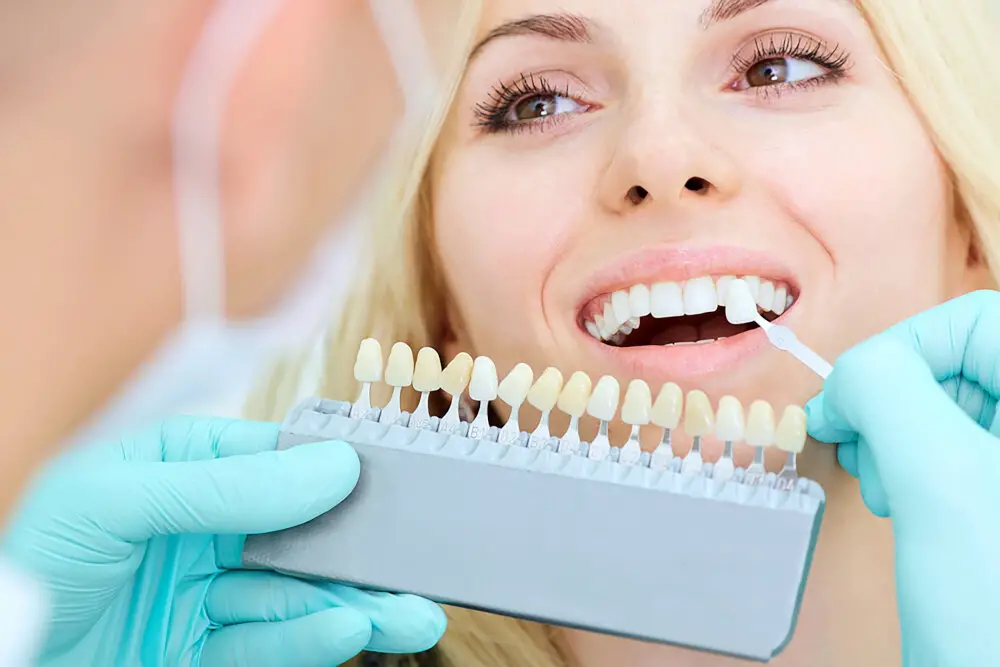
The healing process after wisdom teeth extraction can vary from person to person, but it typically takes about one to two weeks for the initial recovery. During this time, patients may experience swelling, pain, and discomfort in the affected area. To help manage these symptoms, pain medication and ice packs can be used. It is recommended to rest for the first few days after the procedure, avoiding any strenuous activity that can cause bleeding or swelling. Patients should also follow a soft food diet and avoid hot or spicy foods, as well as smoking and alcohol consumption, which can slow down the healing process. As the healing progresses, patients can gradually introduce firmer foods back into their diet and resume their normal activities. Smoking after wisdom teeth extraction can be harmful as it can delay the healing process and increase the risk of developing complications such as dry socket, which is a condition that occurs when the blood clot in the extraction site becomes dislodged. This condition can cause severe pain and requires additional treatment to correct. To avoid this, patients should avoid smoking for at least 48 to 72 hours after the procedure and ideally for a week or more. Patients who smoke should also be aware that smoking can increase the risk of infection and slow down the healing process, and should take steps to quit smoking altogether or reduce their smoking habits. By following these guidelines and taking proper care of the extraction site, patients can ensure a smooth and successful healing process after wisdom teeth extraction.
After wisdom teeth extraction, the healing process can take up to two weeks. In the first 24 hours, the focus is on stopping the bleeding and reducing swelling by applying ice packs to the affected area. Within the first few days, the blood clot that forms in the socket should not be disturbed. Inflammation and pain can be managed with prescribed medication. After about a week, the stitches used to close the wound are typically removed. At this point, the socket should be mostly healed, but it may take a few more days for the tissue to fully regenerate. Patients are typically advised to avoid smoking for at least 72 hours after the procedure, and ideally for the entire healing period. Smoking can delay the healing process and increase the risk of infection, dry socket, and other complications.
Blood clot formation is a complex physiological process that occurs in response to tissue damage or injury. When a blood vessel is damaged, platelets rush to the site of injury to form a plug that stops bleeding. This plug is then reinforced by a mesh of fibrin, a protein that forms a network of fibers. The clotting process is regulated by a series of factors, including clotting factors, enzymes, and other proteins. Smoking after wisdom teeth extraction can disrupt the natural clotting process and increase the risk of complications such as dry socket, a painful condition where the blood clot becomes dislodged and exposes the underlying bone and nerves. It is therefore important to avoid smoking or using tobacco products for at least 72 hours after wisdom teeth extraction to allow the blood clot to form and heal properly.
When it comes to healing after a wisdom teeth extraction, the role of blood clotting cannot be overstated. Blood clotting is a natural process that occurs when there is an injury to a blood vessel. It involves the formation of a clot that helps to stop bleeding and promote healing. After a wisdom teeth extraction, a blood clot forms over the wound, protecting it from bacteria and preventing further bleeding. The clot also acts as a scaffold for new tissue growth, allowing the body to repair the wound. Therefore, it is important to avoid smoking after a wisdom teeth extraction, as smoking can disrupt the blood clotting process and delay healing.
Dangers of Smoking After Wisdom Teeth Extraction
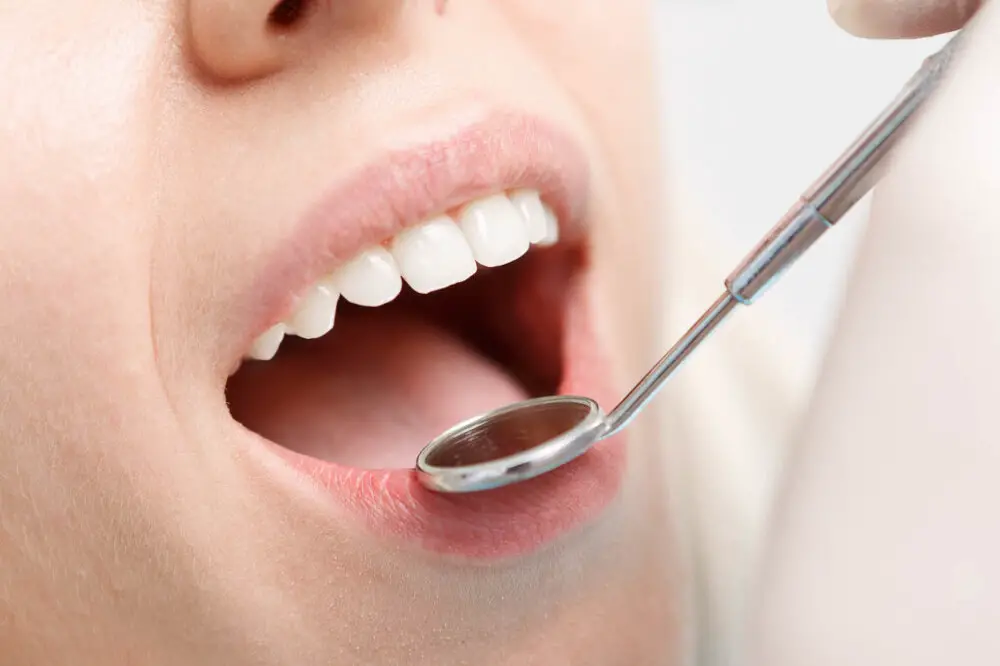
Smoking after wisdom teeth extraction can pose numerous dangers to your oral health. The chemicals and toxins found in cigarette smoke can interfere with the healing process of the extraction site and increase the risk of complications, such as dry socket. Dry socket is a painful condition that occurs when the blood clot that forms in the extraction site is dislodged or dissolves, exposing the bone and nerves. Smoking can reduce blood flow to the affected area, which can slow down the healing process and increase the likelihood of developing dry socket. Additionally, smoking can also cause inflammation, infection, and delay the formation of new tissue, leading to prolonged pain and discomfort. Moreover, smoking after wisdom teeth extraction can increase the risk of developing oral infections and gum disease. Smoking weakens the immune system and makes it harder for your body to fight off infections. This can lead to the accumulation of bacteria in the mouth, which can cause gum disease and tooth decay. Furthermore, smoking can stain your teeth and cause bad breath, which can be embarrassing and impact your self-esteem. Therefore, it’s crucial to avoid smoking after wisdom teeth extraction until the extraction site has fully healed. It’s recommended to wait at least 72 hours before smoking to reduce the risk of complications and ensure a speedy recovery.
Smoking has detrimental effects on the healing process of the body after a wisdom teeth extraction. The nicotine and other chemicals in cigarettes can constrict the blood vessels, causing reduced blood flow to the extraction site. This limits the delivery of essential nutrients and oxygen that are necessary for healing. Additionally, smoking can also compromise the immune system, making it more difficult for the body to fight off infections. This can increase the risk of developing dry socket, a painful condition that occurs when the blood clot that forms over the extraction site is dislodged. Therefore, it is highly recommended to avoid smoking for at least 72 hours after the procedure to ensure proper healing and to reduce the risk of complications.
After a wisdom tooth extraction procedure, patients should avoid smoking for at least 72 hours to reduce the risk of developing dry socket. Dry socket is a painful condition that occurs when the blood clot that forms in the socket where the tooth was extracted becomes dislodged or dissolves, exposing the underlying bone and nerves. This can lead to intense pain, bad breath, and difficulty eating and drinking. Smoking after a tooth extraction increases the risk of dry socket because it can delay the healing process, reduce blood flow to the area, and increase the risk of infection. Therefore, patients should avoid smoking and other tobacco products until the extraction site has fully healed to prevent complications and ensure a smooth recovery.
After undergoing a wisdom teeth extraction, smoking can significantly increase the risk of infection. This is because smoking can slow down the healing process and disrupt the blood supply to the surgical site, which in turn can reduce the body’s ability to fight off infections. Additionally, smoking introduces harmful toxins into the mouth, which can lead to further complications. It is highly recommended to avoid smoking for at least 72 hours after the procedure to reduce the risk of infection and promote proper healing. Patients who cannot resist the urge to smoke should consult their dentist or oral surgeon for guidance on how to minimize the risks associated with smoking after surgery.
When is it Safe to Smoke After Wisdom Teeth Extraction?

Smoking after wisdom teeth extraction is not recommended as it can delay the healing process and cause complications such as dry socket, infection, and prolonged pain. It is advised to wait at least 72 hours after the surgery before smoking to reduce the risk of these complications. However, if possible, it is best to avoid smoking altogether during the healing process to allow the body to focus on the healing process without any distractions. The chemicals in cigarettes can slow down the healing process and damage the delicate tissues in the mouth, making it more susceptible to infection and causing prolonged pain. Additionally, the sucking motion of smoking can dislodge the blood clot that forms in the tooth socket, leading to dry socket, which can be a painful and uncomfortable condition. Therefore, it is crucial to follow the dentist’s instructions and wait until it is safe to smoke after wisdom teeth extraction to avoid any complications and ensure a smooth and speedy recovery.
The healing time of any wound or surgical procedure can be affected by various factors, including smoking. Smoking can hinder the healing process by reducing blood flow and oxygen supply to the affected area, leading to delayed wound healing and increased risk of infection. Other factors that can affect healing time include the extent of the surgery, age, overall health, and the presence of underlying medical conditions. Proper postoperative care, such as maintaining good oral hygiene and following the dentist’s instructions, can also play a crucial role in promoting faster healing. Therefore, it is essential to avoid smoking after wisdom teeth extraction and take all necessary precautions to ensure a speedy and successful recovery.
Smoking after wisdom teeth extraction can be a risky affair, and it’s best to wait until it’s safe to light up. The general rule of thumb is to avoid smoking for at least 72 hours after the surgery. This is because smoking can interfere with the healing process by reducing blood flow to the affected area, increasing the risk of infection, and delaying the formation of blood clots. It’s important to note that smoking any substance, be it cigarettes, cigars, or even vaping, can have adverse effects on the healing process. Therefore, it’s best to follow your dentist’s guidelines and wait until it’s safe to smoke. In the meantime, try other methods of relaxation and stress relief to avoid the temptation to light up.
Consulting with a dentist or oral surgeon is crucial, especially when it comes to matters concerning oral health. In the case of smoking after wisdom teeth extraction, seeking professional advice is highly recommended to ensure that the healing process is not compromised. Smoking can delay the healing process and increase the risk of complications such as dry socket and infection. Dentists and oral surgeons can provide valuable guidance on when it is safe to light up and what measures can be taken to reduce the risk of complications. In addition, they can offer tips on how to manage pain and discomfort during the recovery period. By consulting with a professional, patients can ensure a smooth and successful recovery after wisdom teeth extraction.
Alternatives to Smoking After Wisdom Teeth Extraction
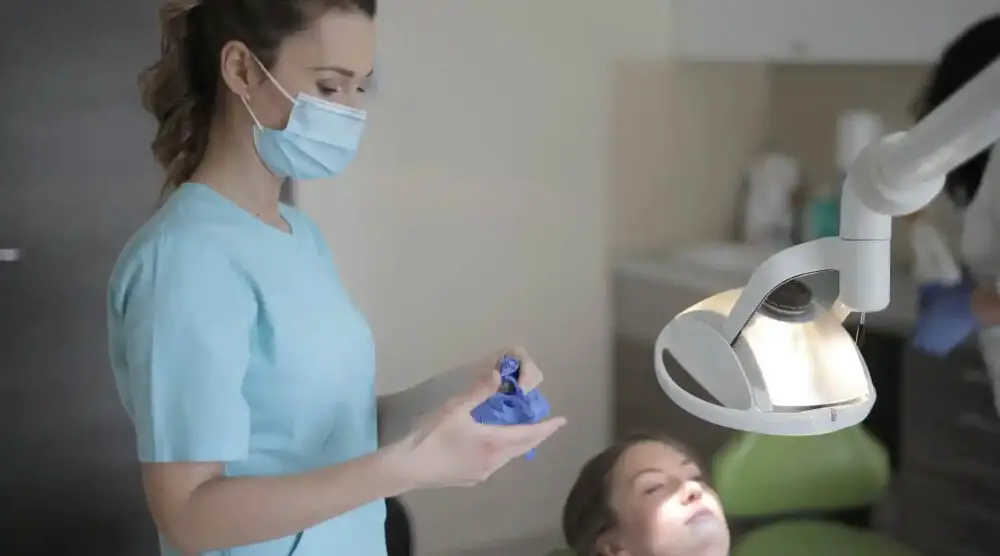
Wisdom teeth extraction is a common dental surgery that involves the removal of one or more wisdom teeth. It is a painful procedure, and patients often experience swelling, pain, and discomfort for several days after the surgery. Smoking after wisdom teeth extraction can increase the risk of complications, such as dry socket, infection, and delayed healing. Therefore, it is essential to find alternative ways to deal with the cravings and avoid smoking until the wound has completely healed. One of the best alternatives to smoking after wisdom teeth extraction is chewing gum. Chewing gum can help reduce the cravings and distract the mind from the urge to smoke. However, it is important to choose sugar-free gum to avoid any damage to the teeth and gums. Another alternative is to use nicotine patches or gum. Nicotine patches or gum can help reduce the cravings and provide a small dose of nicotine to the body, which can help with the withdrawal symptoms. However, it is essential to consult a doctor before using nicotine patches or gum, as they may have side effects and can interact with other medications. In conclusion, smoking after wisdom teeth extraction can delay the healing process and increase the risk of complications. Therefore, it is important to find alternative ways to deal with the cravings and avoid smoking until the wound has completely healed. Chewing sugar-free gum and using nicotine patches or gum can be helpful alternatives, but it is essential to consult a doctor before using any nicotine products. By avoiding smoking and using these alternatives, patients can ensure a speedy recovery and reduce the risk of complications.
If you are struggling with nicotine cravings after wisdom teeth extraction, there are several alternative ways to cope with them. One of the most effective methods is to chew sugar-free gum or suck on hard candy to satisfy the urge to smoke. You can also try deep breathing exercises, meditation, or yoga to help you relax and reduce stress. It’s important to stay hydrated by drinking plenty of water and avoid alcohol and caffeine, which can trigger cravings. You can also consider nicotine replacement therapy, such as nicotine gum, patches, or lozenges, to help you gradually quit smoking. Additionally, engaging in physical activities, such as jogging or cycling, can help you distract your mind from the craving and release endorphins, which can improve your mood and reduce stress.
Nicotine replacement therapy (NRT) options are designed to help individuals quit smoking, reduce cravings, and manage withdrawal symptoms. Some examples of NRT options include nicotine gum, lozenges, patches, inhalers, and nasal sprays. Nicotine gum and lozenges are available over-the-counter and can be used as needed to manage cravings. Nicotine patches are also available over-the-counter and are worn on the skin to provide a steady dose of nicotine throughout the day. Inhalers and nasal sprays require a prescription and deliver nicotine directly to the bloodstream for rapid relief of cravings and withdrawal symptoms. It is important to note that NRT options should be used as directed and under the guidance of a healthcare professional.
Avoiding smoking during the healing process after wisdom teeth extraction is of utmost importance. Smoking can slow down the healing process and increase the risk of complications such as dry socket, infections, and delayed wound healing. The chemicals in cigarettes can also constrict blood vessels, reducing blood flow to the affected area, and depriving the tissues of oxygen and vital nutrients necessary for healing. Furthermore, smoking can cause inflammation, impair the immune system, and increase the risk of developing oral cancer. Therefore, patients should refrain from smoking for at least 72 hours after wisdom teeth extraction, and ideally, quit smoking altogether to improve their overall health and well-being.
Following postextraction instructions is crucial to ensure proper healing and recovery after wisdom teeth extraction. Ignoring the instructions can lead to complications such as excessive bleeding, infection, prolonged pain, and delayed healing time. It is essential to avoid smoking and tobacco use for at least 48-72 hours after the surgery as it can hinder blood clotting and cause dry socket, a painful condition that occurs when the blood clot is dislodged from the socket. Patients should also avoid using straws, rinsing their mouth vigorously, and eating hard or crunchy foods during the first few days after the procedure. Failure to follow these instructions can lead to a longer and more painful healing process, and may even require additional treatment. It is crucial to consult with your dentist or oral surgeon for any post-treatment concerns or questions.
It is imperative to understand the risks associated with smoking after wisdom teeth extraction. Smoking can increase the chances of developing dry socket, a painful condition that results from the blood clot being dislodged from the extraction site. This can lead to delayed healing and potential infections. Additionally, smoking can also impede the body’s natural healing process, resulting in prolonged pain and discomfort. It is crucial to follow the dentist’s instructions and refrain from smoking until the healing process is complete to ensure proper recovery. It is better to be safe than sorry when it comes to smoking after wisdom teeth extraction.
Seeking guidance from a dental professional is highly encouraged when it comes to smoking after wisdom teeth extraction. This is because smoking can cause complications during the healing process, such as dry socket or infection. A dental professional can provide personalized advice on when it is safe to smoke again, depending on the individual’s healing progress. It is important to follow their guidance to ensure a successful and comfortable recovery. Ignoring their advice can lead to prolonged healing time, increased pain, and potential further complications. Don’t hesitate to reach out to your dental professional for guidance and support during this critical healing time.
Conclusion

In conclusion, smoking after wisdom teeth extraction can be a risky activity that can lead to complications and delayed healing. It is recommended to avoid smoking for at least 72 hours after the procedure to allow proper blood clotting and reduce the risk of dry socket. However, it is best to quit smoking altogether to promote overall health and prevent further dental complications. Patients should consult with their dentist or oral surgeon for further guidance on smoking cessation and post-operative care to ensure a successful recovery. Remember, taking care of your oral health is essential for a happy and healthy life, so make the necessary adjustments to maintain a healthy and smoke-free lifestyle.



